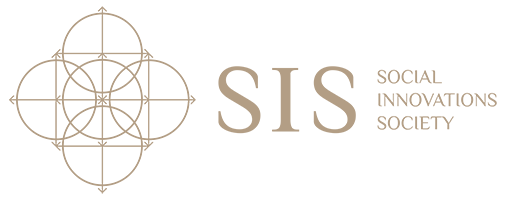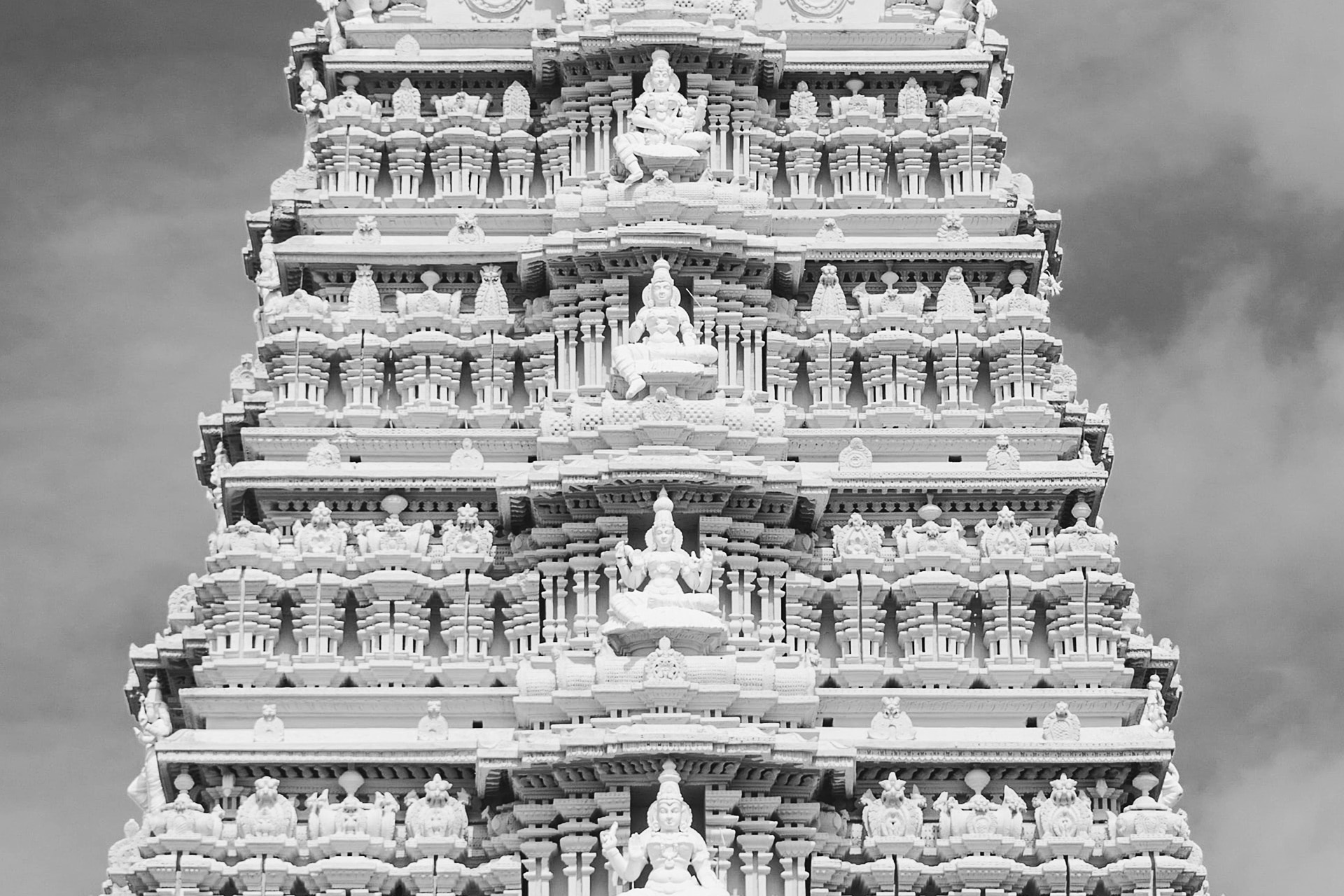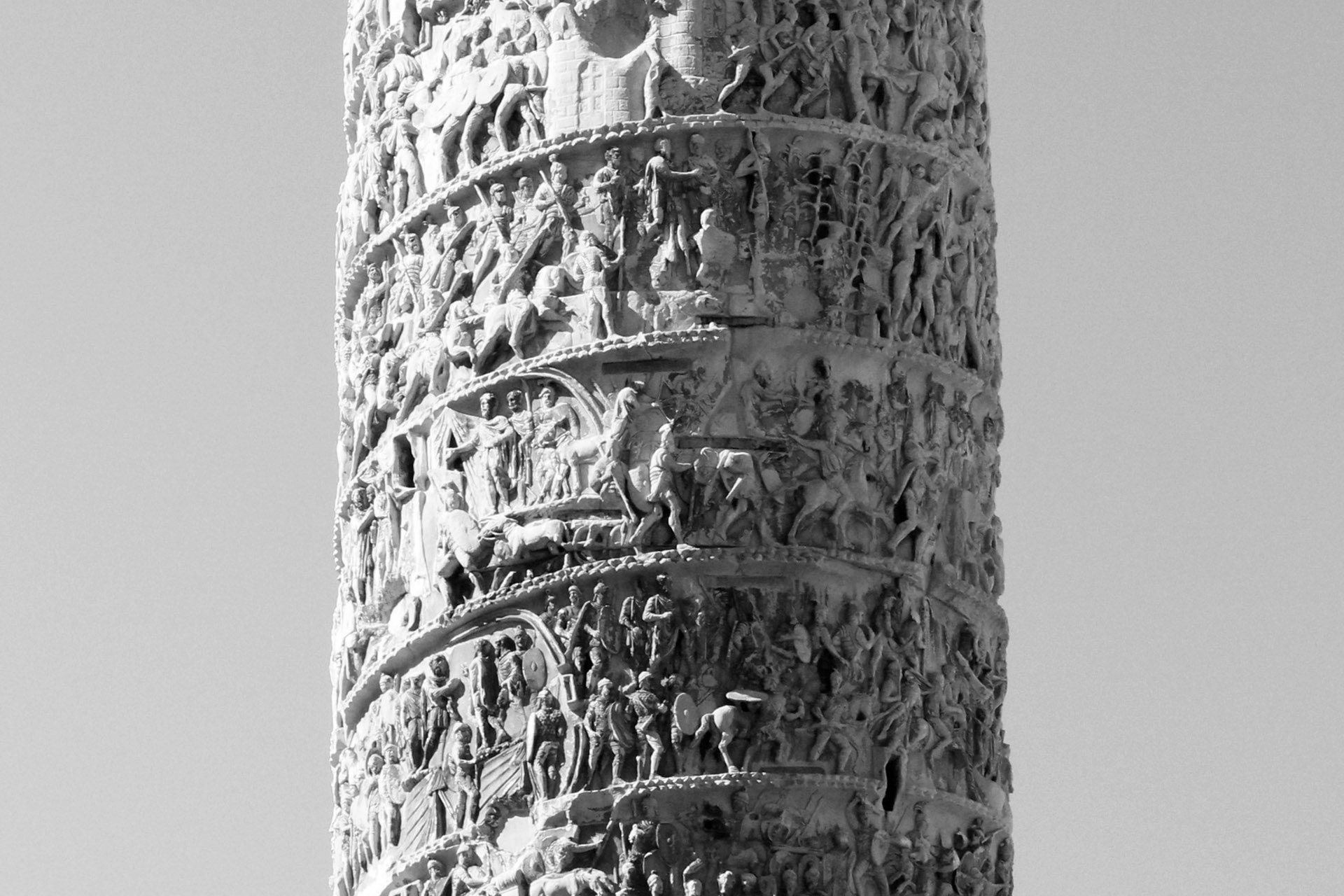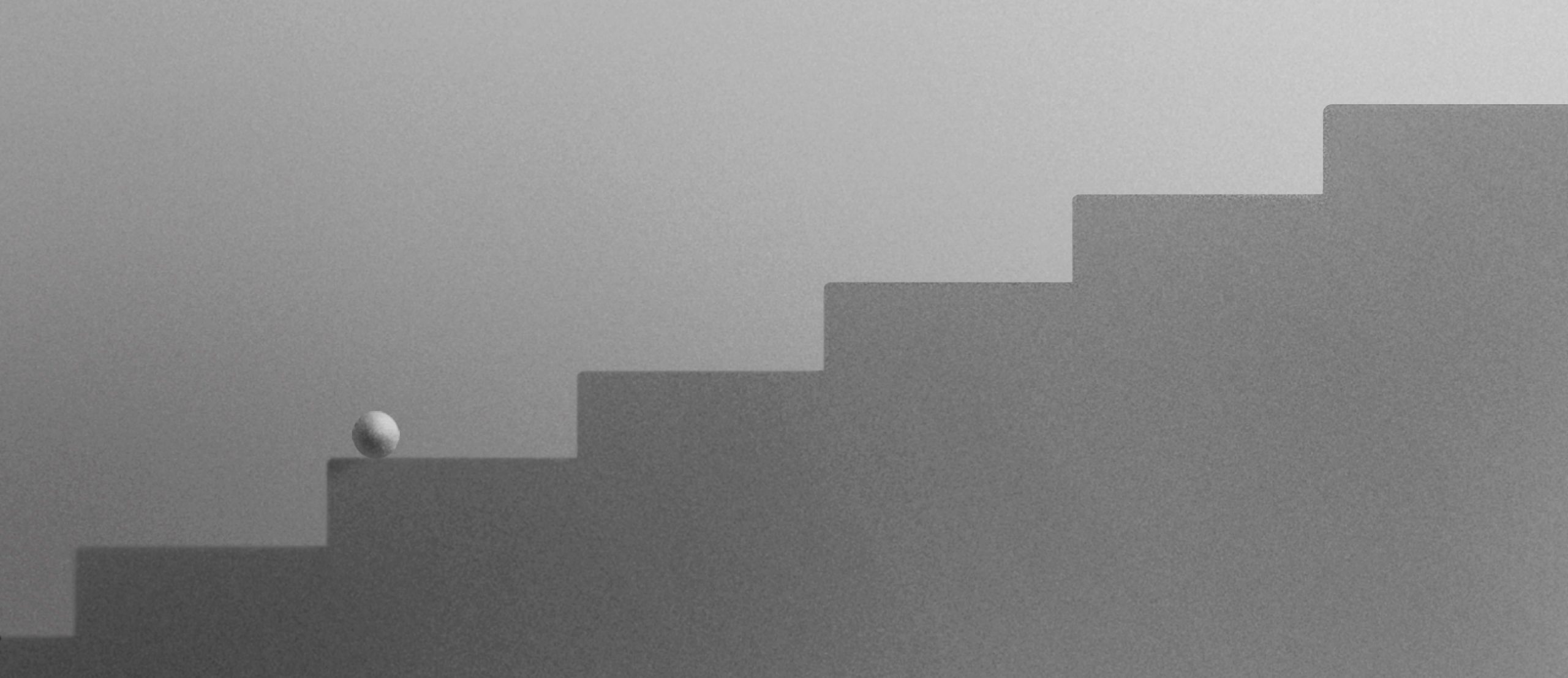Man, as a spiritual being, exists simultaneously in three spheres, or planes of reality that are present in him at the same time:
- the true Self — on the higher plane — in the sphere of thinking;
- the false self — on the inner plane — in the sphere of feeling;
- the dense self — on the outer plane — in the field of action.
The higher plane carries meanings, the inner one — sensations, the outer one — objects.
The outer plane of reality is obvious to everyone and consists of visible material objects and our actions among them.
By switching attention from the visual perception of the material world to his inner feelings, the individual turns to the sphere where he experiences his Nature, unique for each of us. Each sensation is a living force that has visited us. Each skill is a force we have mastered.
Turning attention even higher, to the sphere of thinking, among all the meanings that fill it, one can find the highest one, for the sake of which one lives. Having realised it, the individual will begin to search for those in the outer world who also live for the sake of this meaning. They can become like-minded people and, perhaps, having come together, create a structure to realise this goal. This higher meaning is genus — Rod in Russian. It unites people with a common feature. The first one to realise his genus as the spirit that guides him becomes the patriarch, the head of the clan. The structure of people initiated by him can be called a clan structure, or clan (from the ancient Greek kalon — “tree”). This is a hierarchical organisation which is indeed similar to a tree, its branches represented by different families with their family businesses.
All three planes of reality are accessible to any of us, any time, but the higher the plane, the more difficult it gets to focus attention on it, to hold on to it and be consciously guided by it. People of different nations, different nature and different clans live on the Earth. Many live only on the outer plane, ignoring the higher and inner ones. They can be called social, or folk people. Not so many live in the outer and inner planes, these can be called natural people. And there are very few living on the higher, inner and outer planes at the same time. We will call them patrimonial people. Our ability to form our Heritage, which can be social, natural or ancestral, is also determined by the inclination to dwell in the respective planes of reality.
Knowledge of the six values that an individual can create through his activity will allow us to understand what kind of Heritage he leaves: the social Heritage is made up of the values of Trade (result) and Service (image), the natural Heritage consists of Product (production) and Goal (strategy), the ancestral Heritage comprises of two highest values — Relationships (predestination) and Sense (knowledge).
The ancestral Heritage unites people in a patrimonial structure — a clan. Natural Heritage unites people into a family. Folk or social Heritage is all about giving children education and leaving money, real estate or a business share as an inheritance.
The ancestral Heritage is eternal, the natural one is real, the social Heritage is changeable.
By gaining precise knowledge of the three types of Heritage and the six possible cultivated values, an individual takes the first step towards identifying the product that best suits him and can become the basis of his Heritage.
The Russian term “Rod” is not so easy to translate as its meaning in other cultures has been forgotten to an even greater extent and the corresponding words are almost out of use or have lost their original meaning. “Rod” — the English meaning “clan” or “bloodline” — is included in such words as “rodnoy” — native, “rodina” — fatherland, “rody” — childbirth. The word could have originated from the ancient root “ord”, meaning “grow”, “rise”, or from “orthos” — “upright”, “one that has stood up, risen”. It is also known that Rod is the Slavic God, the creator of the world and the father of the first generation of the light Godfathers. He is the Cause of all causes, the founder and essence of the Universe, the one who created Light and Darkness.
The following quote also addresses this topic: “Grimm has already mentioned the Slavic Rod, which comes from roditi (gignere); I would now like to suspect — without proof — that the Slavic Rod is either a borrowing of the German word Art, or that both Art and Rod are very old translations of the Latin genas.” Mauthner, Fritz: Wörterbuch der Philosophie. In: Bertram, Mathias (Hg.) Geschichte der Philosophie, Berlin: Directmedia Publ. 2000 [1910], S. 24606.
In German, the root has been preserved in such terms as “roden”, “ausroden” or “Rod” itself in the sense of “trunk”, “axis”; and in English, as “rod” in the meaning of “a symbol of power or force” or in “a lightning rod”. This meaning is also directly associated with the term “family tree”.
In this understanding, the question, “What kind of Rod are you?” acquires the meaning of “What kind of God are you?”, which also shows the existence of many gods, headed by the chief one — the human Rod. Therefore, we take the meaning “Rod” as God, Spirit, who, on the gross plane, manifests himself in his representative — man. This also explains the notion of the patrimonial structure of the family or state, where the man continues his Rod (his God) or the King — the vicar of God (the Rod) on the Earth, the representative of the supreme God. Analogously, one could also associate it with the terms “ancestral line” or “genus”. The last word is also directly related to the genitive, which has almost disappeared from modern use. In this text we will use the term genus as equivalent to the Russian Rod.
Image by Akshat Vats from Unsplash.com




